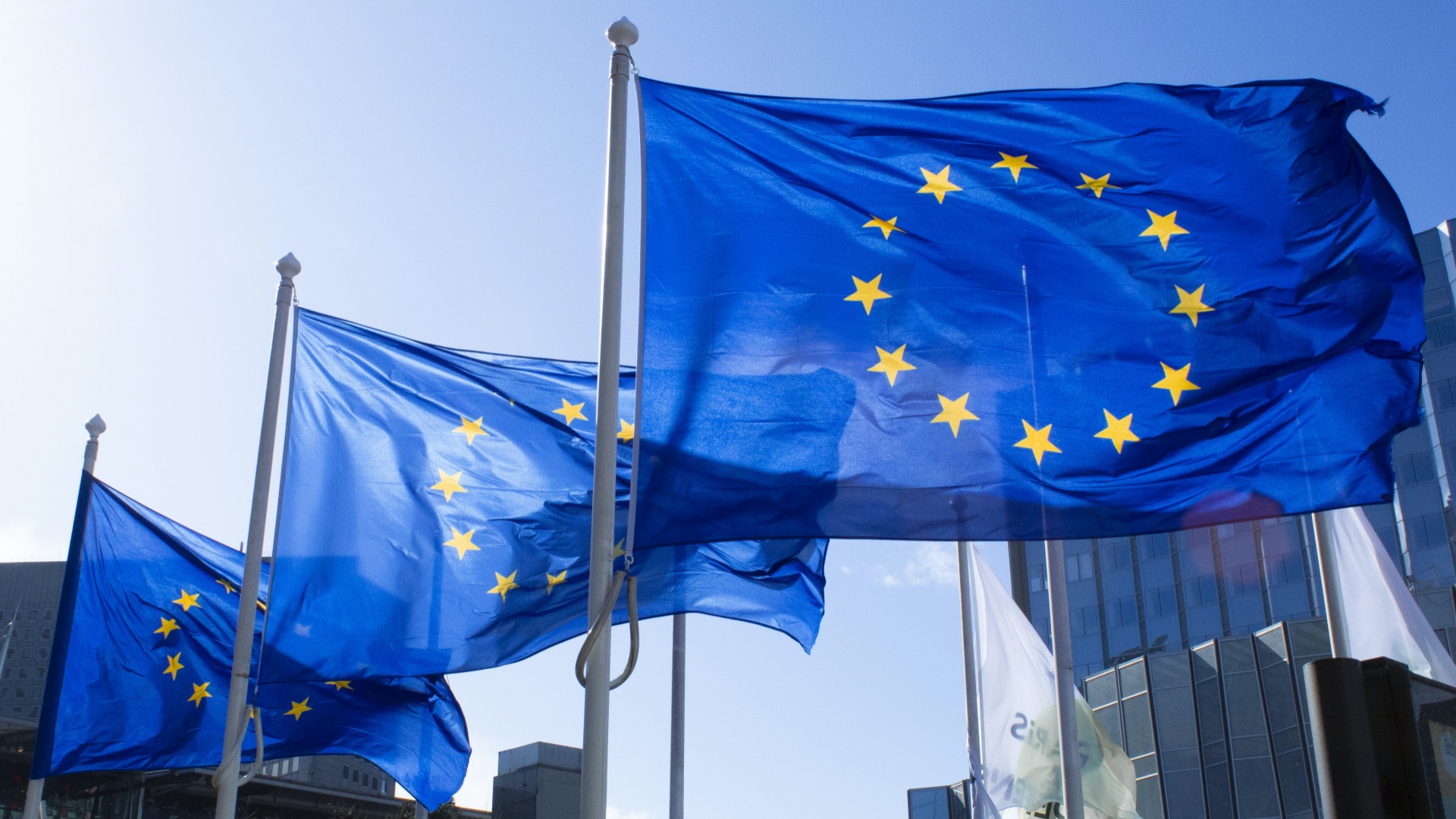Big tech has been in the sights of regulators for quite some time now. In recent years we have seen the likes of Google, Facebook and Amazon all come under fire for their dominance of the market and antitrust behaviour, often squeezing out smaller tech companies.
That could be set to change, however, with the European Union tabling the new Digital Markets Act (DMA) to a vote in Parliament.
The Act would serve as one of the most sweeping pieces of legislation in terms of reigning in the power that big tech firms wield in the market, as well as open up opportunities for smaller technology providers, as the EU aims to balance the level of competition.
“The Digital Markets Act (DMA) will blacklist certain practices used by large platforms acting as “gatekeepers” and enable the Commission to carry out market investigations and sanction non-compliant behaviour,” the EU explained in a press release.
Using messaging platforms as an example of how the Digital Markets Act aims to level the playing field, the EU noted that, “lawmakers agreed that the largest messaging services (such as Whatsapp, Facebook Messenger or iMessage) will have to open up and interoperate with smaller messaging platforms, if they so request.”
“Users of small or big platforms would then be able to exchange messages, send files or make video calls across messaging apps, thus giving them more choice,” they added.
In order to give the Act some teeth, applicable fines for being in violation of this proposed legislation has been outlined too.
“If a gatekeeper does not comply with the rules, the Commission can impose fines of up to 10% of its total worldwide turnover in the preceding financial year, and 20% in case of repeated infringements. In case of systematic infringements, the Commission may ban them from acquiring other companies for a certain time,” the EU highlighted.
It remains to be seen whether this sweeping legislation will pass a vote in the EU Parliament, with it proving a rather lengthly process to make applicable.
“After the legal text is finalised at technical level and checked by lawyer-linguists, it will need to be approved by both Parliament and Council. Once this process is completed, it will come into force 20 days after its publication in the EU Official Journal and the rules will apply six months after,” the press release concluded.
As such, this may only come into effect in the latter stages of 2022 or potentially 2023 if big tech firms look to fight it.
[Image – Photo by ALEXANDRE LALLEMAND on Unsplash]

